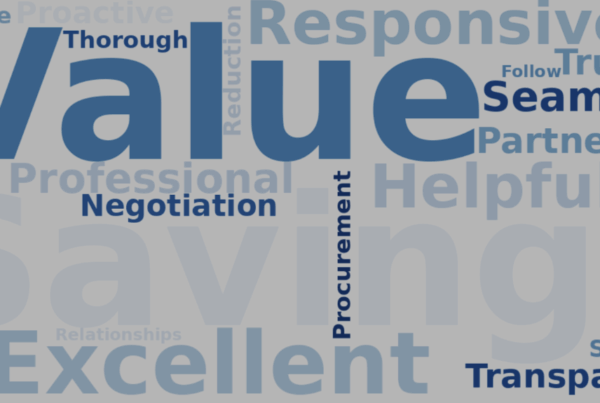“Outsourcing the management of indirect spend is like having an extra pair of hands to manage indirect spend. It allows organizations to identify new opportunities, negotiate better deals and keep a finger on the pulse of the market”
Actively managing indirect spend (non-production related materials or services) can have a significant positive impact to the bottom line of any organization. According to a study by Deloitte, companies that effectively manage their indirect spend can save up to 15% on their total procurement costs versus companies that do not manage these spends.
- One of the key strategic benefits of outsourcing the management of indirect spend (or “indirect procurement”) is the ability to access specialized expertise and technology. Managed service providers have teams of professionals with in-depth knowledge of the procurement process, as well as access to technologies and market knowledge that allow them to quickly identify savings opportunities and optimize processes.
- Another benefit of outsourcing indirect procurement is the ability to increase focus on core business activities. By outsourcing indirect procurement, companies can free up internal resources from doing non-core functional activities, i.e., ‘buying stuff’ and allow them to focus on activities that drive revenue and growth. This can also lead to cost savings as companies can reduce or eliminate the need for expensive in-house procurement staff.
- Outsourcing indirect procurement can also lead to improved supplier relationships. Why is this a critical benefit to companies? The more suppliers want to do business with you, the more leverage you have in negotiating with them. If you are not holding your suppliers to a defined standard of performance that includes cost containment management then you are leaving money on the table.
The typical process of outsourcing procurement includes the following steps:
- Identifying the scope of the indirect procurement management function needed to be outsourced.
- Selecting a procurement outsourcing provider that has the expertise and experience to meet your needs.
- Defining the terms of the outsourcing agreement, including service level agreements, pricing, and timelines
- Transitioning the procurement management function to the outsourced provider
- Collaborating with the outsourcing provider to define and implement best practices, processes, and tools
- Continuously monitoring and evaluating the outsourcing relationship to ensure it is delivering the desired results
In conclusion, organizations that are looking for ways to improve their bottom line should consider outsourcing the management of indirect spend as this step can bring significant benefits to any organization. By doing so, companies can achieve cost savings, improve efficiency, and build stronger supplier relationships. With the right provider the results can be truly astounding.





